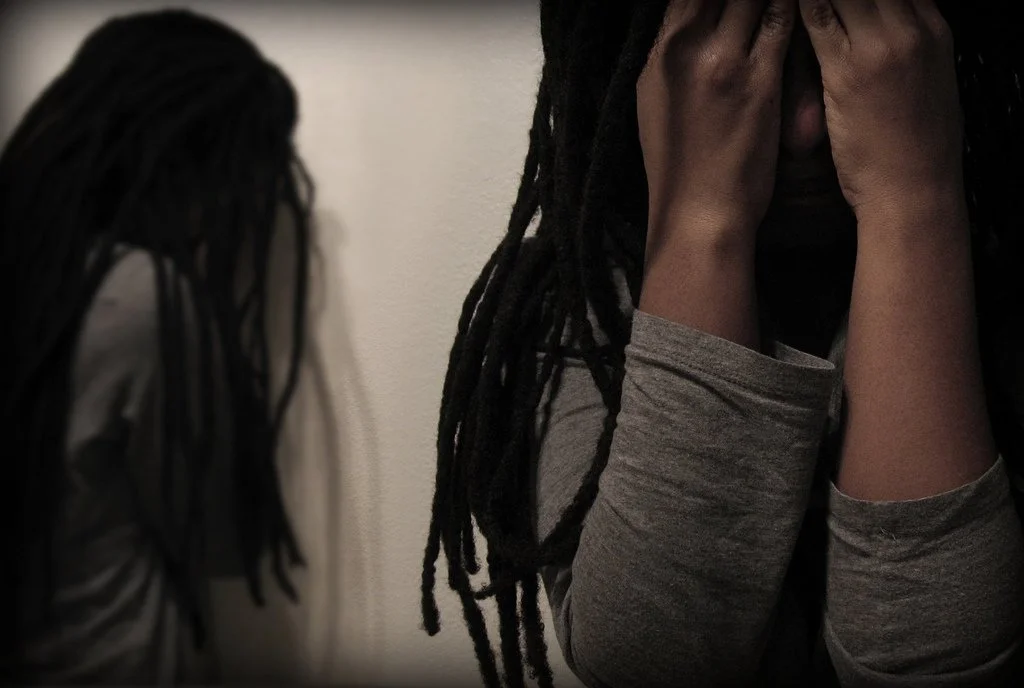
Helping Children Heal from Trauma and Rebuild Their Sense of Safety
Through evidence-based, trauma-informed therapy, Collier CAC supports children and families every step of the healing journey, at no cost.
Childhood trauma doesn’t fade on its own.
After abuse, many children struggle with anxiety, sleep issues, anger, withdrawal, and difficulty trusting others.
Without specialized trauma therapy, these effects can follow them into adulthood.”
Compassionate, Specialized Therapy for Children and Families Designed for Trauma Recovery
At the Children’s Advocacy Center, we’re committed to providing high-quality mental health services for children who have experienced trauma—as well as their siblings and non-offending family members. Our licensed therapists offer evidence-based treatments such as Trauma-Focused Cognitive Behavioral Therapy (TF-CBT), Child Parent Psychotherapy (CPP), and psychological evaluations, all recognized as best practices for helping abused and traumatized children heal.
We offer individual, family, and group therapy in both English and Spanish, creating a safe, inclusive space where children and families can begin to recover and grow stronger together.
See more about our therapies HERE








